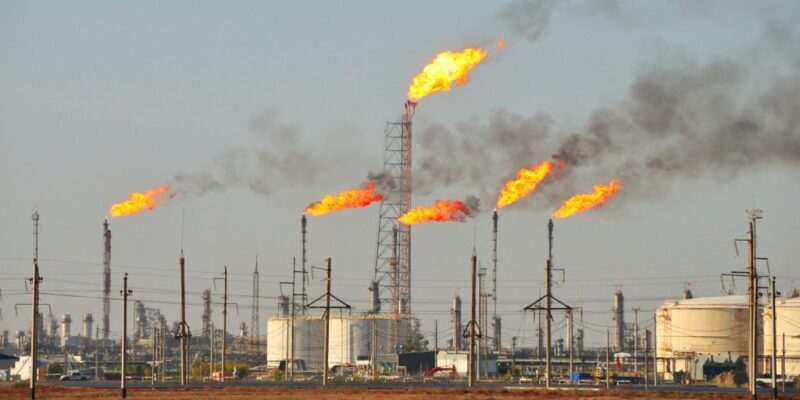Nigeria has been identified as one of the top nine gas-flaring countries in 2023, according to the latest Global Gas Flaring Tracker Report by the World Bank.
Together with countries such as the Russian Federation, the Islamic Republic of Iran, Iraq, the United States, the Bolivarian Republic of Venezuela, Algeria, and Libya, Nigeria contributes to 75% of the world’s gas flaring. The remaining 25% is attributed to over 60 other countries globally.
Despite producing 46% of the world’s oil, these nations continue to face significant environmental concerns due to their gas-flaring practices.
In 2023, global gas flaring at upstream oil and gas facilities increased by 9 billion cubic meters (bcm), reaching 148 bcm from 139 bcm in 2022—an increase of 7%.
While oil production rose modestly by 1%, the global average flaring intensity, which measures the amount of gas flared per barrel of oil produced, increased by 5%.
At current gas prices, the potential market value of the gas flared in 2023 is estimated to be between $9 billion and $48 billion.
Eliminating gas flaring could prevent the release of at least 381 million tonnes of carbon dioxide equivalent emissions annually.
While noting successful reductions in countries like the United States and Angola in previous years, the report highlighted ongoing improvements in Algeria and Venezuela in 2023, with Algeria reducing flaring by 5% and intensity by 3%. However, these gains were overshadowed by the overall global increase in gas flaring.
The World Bank emphasized the urgent need for renewed political will, leadership, industry investments, and improved practices worldwide to address gas flaring effectively.
It underscored the potential for substantial reductions through partnerships and innovative solutions to monetize associated gas.
![]()




